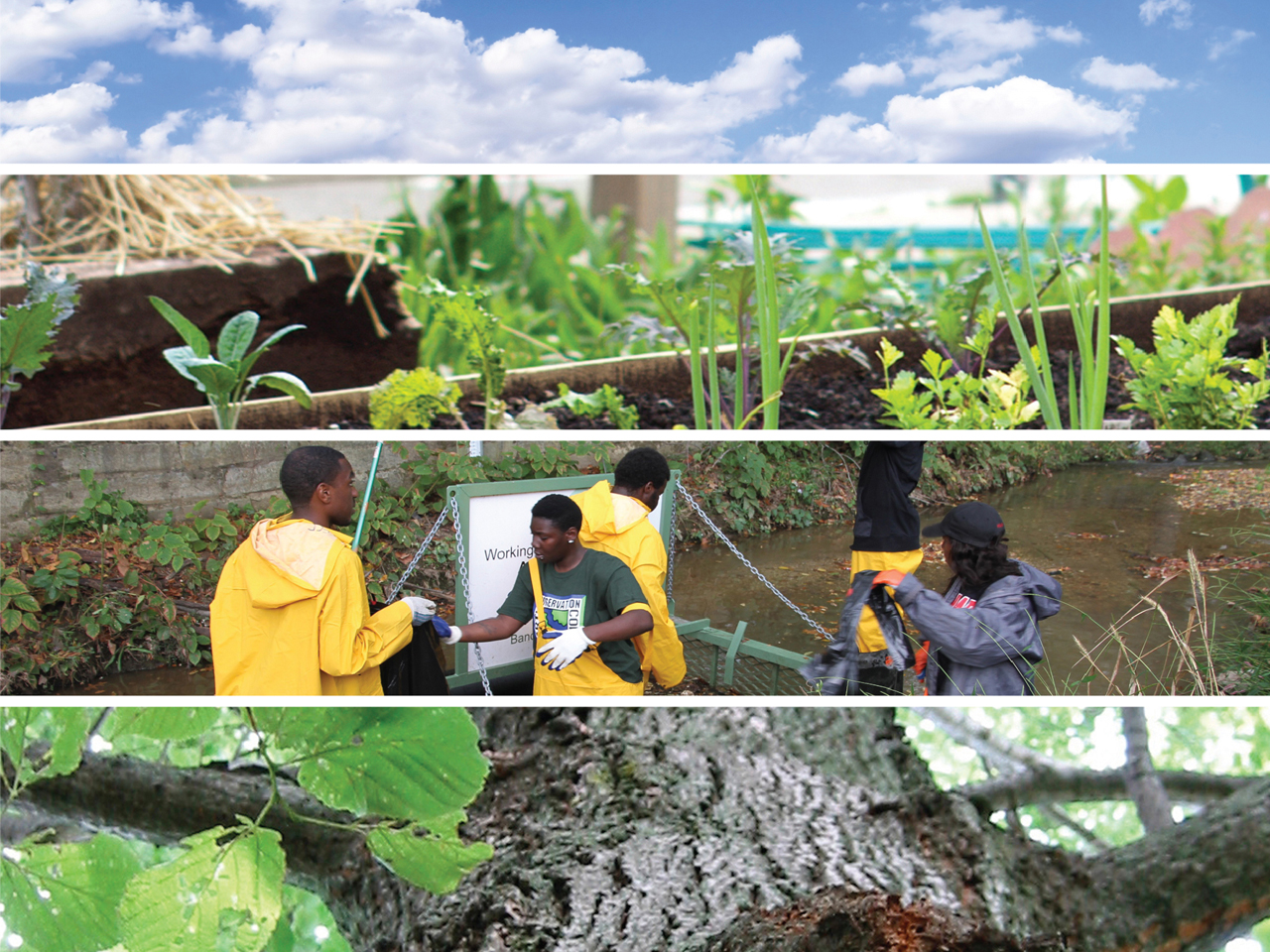Co-Learning Cornell University free online course
The actions of ordinary people are often absent in studies of urban renewal and urban ecology. Around the world, people who are fed up with environmental degradation and the breakdown of their communities come together to transform blighted vacant lots, trashed-out stream corridors, polluted estuaries, and other broken places. Civic ecology practices such as community gardening, wetlands restoration, river cleanups, and tree planting are a means for people to express resilience and rebuild communities marked by disaster and disinvestment.
DATE : 6 Wednesdays from 6 September
PLACE : Cornellx (online)
PRICE : Free
WEBSITE : edx.org
BOOKING : Register online here
You are welcome to join our roughly fortnightly study support meetup event held in Jordan. Don’t feel obligated to come every time, just whenever you feel it will help you. Feel free to use our dedicated Facebook group to communicate with each other.
If you haven’t enrolled and don’t want or can’t take the course, you are still welcome to join us at these MeetUp. There will be cool projects coming out this course that could do with some more volunteers. Or just come for socialising.
- RSVP for 10 September meetup
- RSVP for 25 September meetup
The teachings use the book “Civic Ecology” as support material for the course and assignments and they will provide extracts as needed.
- Civic ecology draws on psychology, sociology, political science, education, ecology, and social-ecological systems resilience to understand how and why people care for nature and their communities.
- Explore the people, places and practices that restore nature and revitalize neighborhoods, making a difference in ways big and small.
- Discuss and evaluate contemporary thinking in resilience, social-ecological systems, and the relationship between nature and human/community wellbeing.
- Grasp an understanding of how civic ecology enables those with limited resources to defy and cope with daily struggles, including after disaster and war.
- Acquire the knowledge and skill set to enact change in your own community.
- Participate in a civic ecology service learning project to turn classroom learning into real-life application.
This course is ideal for a learner who is intrigued by both social and environmental concerns, or simply has a desire to dive into an emerging 21st century, cross-disciplinary subject area. You will complete this course with a keener awareness of social-ecological issues and concerns, as well as a greater knowledge of the practical steps required to rebuild and maintain community and nature in a world marked by inequality, conflict, and climate change.

